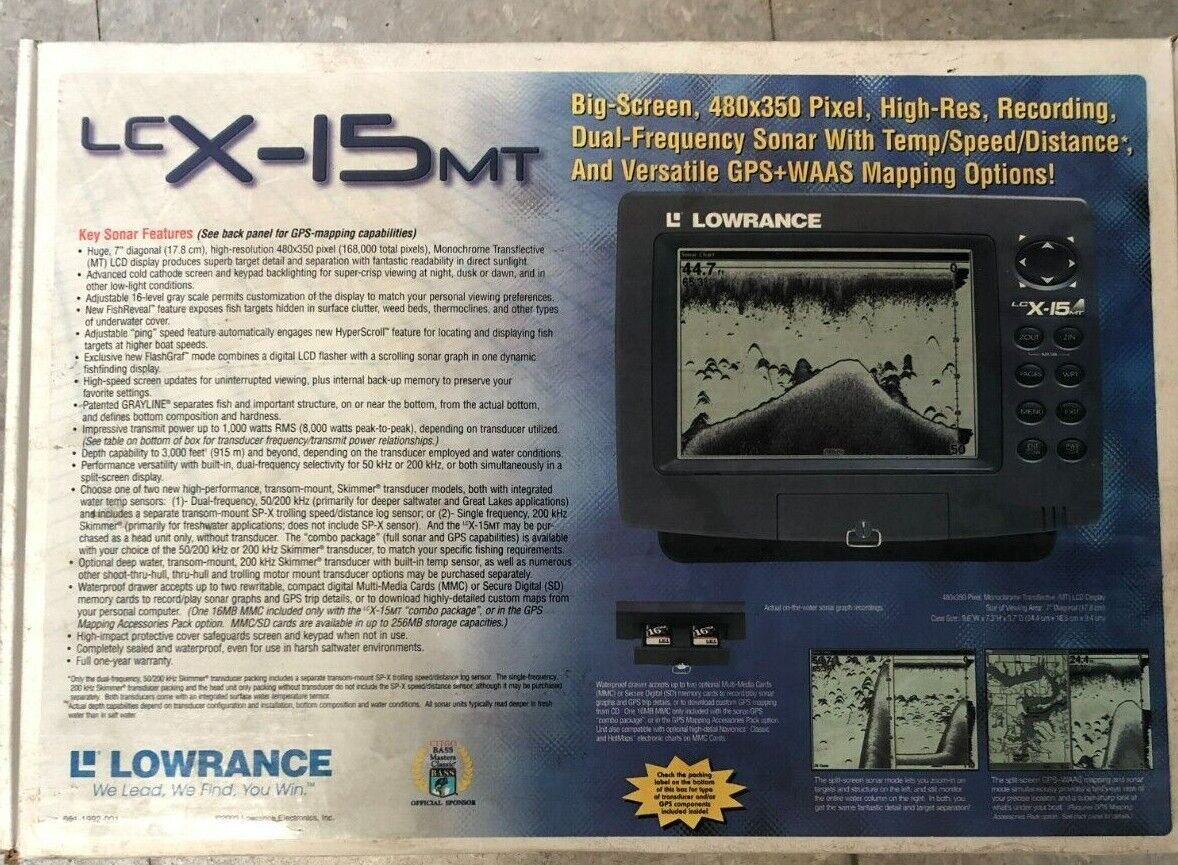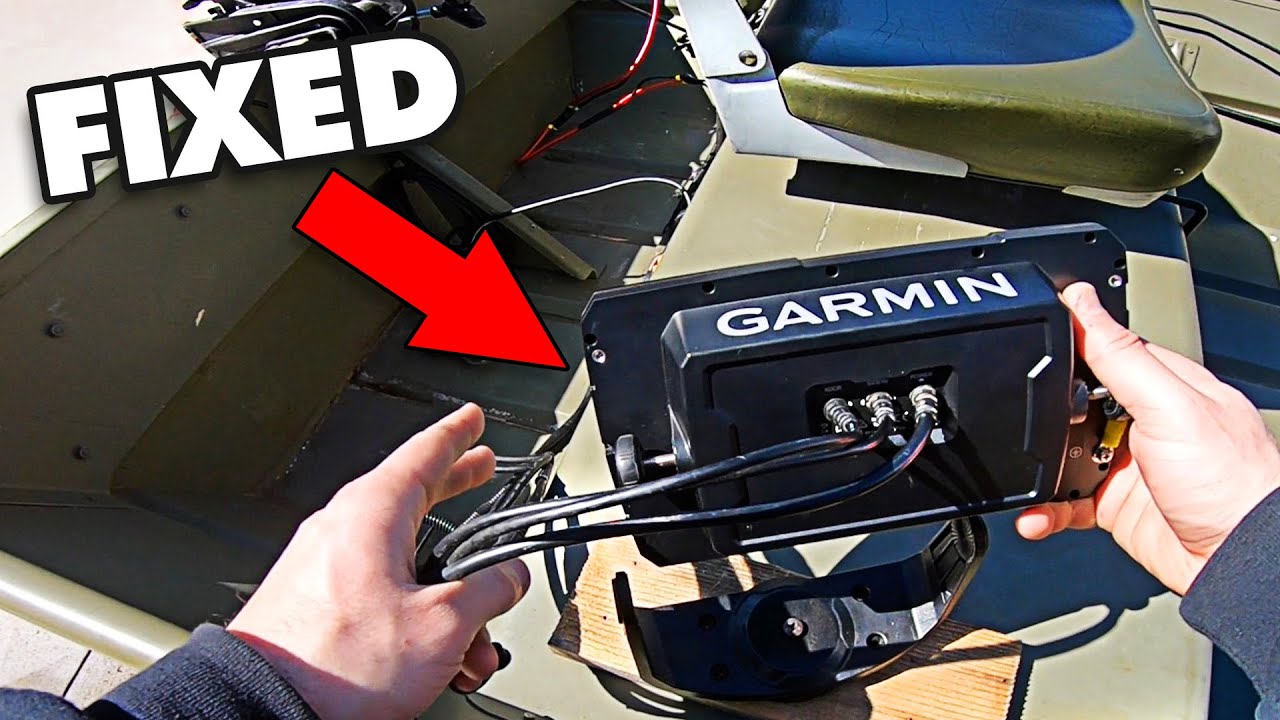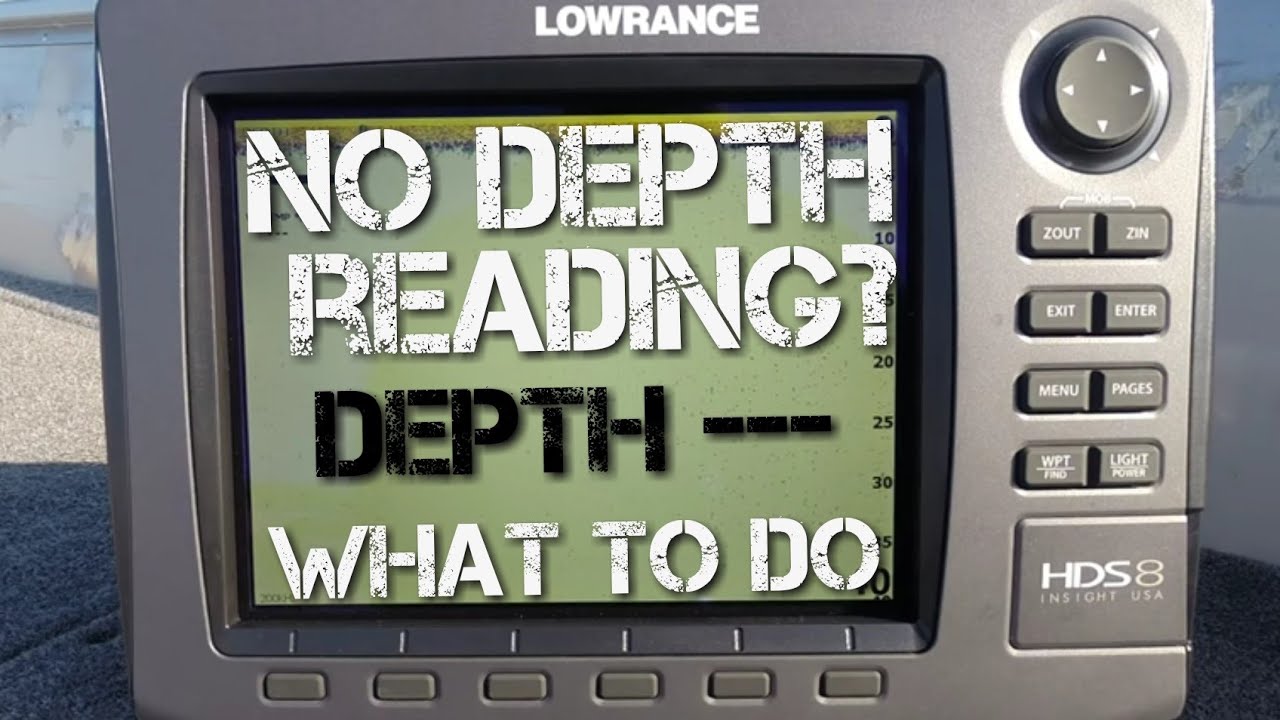A GPS transducer is a device that converts GPS signals into usable data for navigation purposes. It helps determine accurate position, velocity, and time information in a wide range of applications.
In today’s fast-paced world, GPS technology has become an integral part of our lives. From finding the fastest route to reaching our destination, to tracking vehicles and even monitoring wildlife movements, GPS plays a vital role. But have you ever wondered how all this information is obtained?
Enter the GPS transducer – a miniature yet powerful device that makes GPS technology possible. We will explore what a GPS transducer is, how it works, and its various applications. So, let’s dive in and uncover the mysteries of this remarkable technology.

Credit: www.amazon.com
Understanding The Basics Of A Gps Transducer
A GPS transducer is a vital component in GPS technology. It serves the purpose of converting one form of energy into another. The transducer is responsible for transmitting and receiving signals between the GPS device and the satellite system. This two-way communication helps determine the user’s precise location.
The GPS transducer typically consists of an antenna, a receiver, and a transmitter. The antenna receives signals from the satellite and converts them into electrical energy. The receiver processes these electric signals and determines the user’s coordinates. The transmitter then sends the calculated coordinates to the satellite, allowing the GPS device to accurately track the user’s movements.
Without a GPS transducer, the GPS device would be unable to establish a connection with the satellite system, rendering it ineffective. Understanding the basics of a GPS transducer is essential for anyone using GPS technology.
The Use Cases And Benefits Of Gps Transducers
A GPS transducer is an invaluable tool for enhancing location accuracy and improving navigation systems. By utilizing GPS technology, these devices provide precise location data for a range of tracking and monitoring applications. Many industries rely on GPS transducers to track the movement of vehicles, assets, and even people, ensuring efficient operations and increased safety.
These transducers enable real-time navigation, allowing users to determine the best routes and avoid traffic congestion. Additionally, they provide reliable location information for emergency services and search and rescue operations. GPS transducers are capable of seamlessly integrating with existing systems, making them a versatile solution for various industries.
With their ability to enhance location accuracy and improve navigation, GPS transducers offer numerous benefits for businesses and individuals alike. They are an indispensable tool in today’s digitally connected world, enabling users to efficiently track, navigate, and monitor their surroundings.
Choosing The Right Gps Transducer For Your Needs
A GPS transducer is a device used to convert GPS signals into useful information. When selecting a GPS transducer, there are several factors to consider. Firstly, you need to determine your specific needs and requirements. Next, you should look at the types of GPS transducers available in the market.
There are various options to choose from, including single-frequency and dual-frequency transducers. Additionally, it’s important to compare different GPS transducer technologies. This will help you understand their capabilities and limitations. Consider factors such as accuracy, depth capability, and transducer beam width.
By carefully evaluating these factors, you can choose the right GPS transducer that suits your individual needs and ensures accurate and reliable GPS data.
Tips For Installing And Maintaining Gps Transducers
A GPS transducer is an essential component for accurate location tracking. Proper installation techniques ensure optimal performance. It’s important to follow manufacturer guidelines and secure the transducer securely to minimize vibration. Regular maintenance practices such as inspecting for damage and cleaning are crucial.
Check the connection and cables periodically to prevent any loose connections. Troubleshooting common issues like signal loss or inaccurate readings requires patience and careful observation. Ensure the transducer is placed in an ideal location away from obstructions and interference. By implementing these tips for installation and maintenance, the GPS transducer will provide accurate and reliable data for a long time.
Future Trends And Developments In Gps Transducer Technology
GPS transducers are rapidly evolving with advancements in technology. Design and functionality innovations are shaping the future of GPS transducer technology. Integrating GPS transducers with other cutting-edge technologies is becoming increasingly common. This integration opens up new possibilities and applications for GPS transducers.
From navigation systems to fitness trackers, the potential for advancements in GPS transducer technology is vast. As we continue to push the boundaries of what is possible, we can expect even more exciting developments in this field. The future of GPS transducers promises improved accuracy, enhanced functionality, and seamless integration with various devices and systems.
With technology constantly evolving, the potential for GPS transducers to revolutionize industries is undeniable. The road ahead for GPS transducers is paved with endless possibilities.
Frequently Asked Questions For What Is A Gps Transducer
What Is A Gps Transducer?
A GPS transducer is a device that converts GPS signals into electrical signals. It receives signals from multiple satellites and uses the data to determine the user’s location, velocity, and time. It is commonly used in navigation systems, fish finders, and other applications that require accurate positioning.
How Does A Gps Transducer Work?
A GPS transducer works by receiving signals from multiple satellites in orbit around the Earth. These signals contain information about the satellite’s location and the time the signal was transmitted. By comparing the signals received from different satellites, the GPS transducer can calculate the user’s precise location.
This information is then used for navigation or other purposes.
What Are The Applications Of Gps Transducers?
GPS transducers have a wide range of applications. They are commonly used in navigation systems to provide accurate positioning information to users. They are also used in fish finders to locate fish underwater. Other applications include tracking vehicles, monitoring wildlife, and surveying land.
How Accurate Are Gps Transducers?
GPS transducers can provide accuracy up to a few meters, depending on the number of satellites in view and the quality of the signal. In ideal conditions, they can achieve accuracy within a few centimeters. However, factors like signal interference, atmospheric conditions, and obstructions can affect the accuracy of the GPS transducer.
Conclusion
To sum up, a GPS transducer is a crucial device that combines GPS and sonar technology to provide accurate and detailed information about underwater environments. By emitting sound waves and measuring the time it takes for them to bounce back, the transducer can determine the depth, structure, and location of underwater objects.
This information is then transmitted to a GPS unit, which allows users to navigate and avoid hazards while boating or fishing. Whether you are a recreational boater, a professional fisherman, or a marine scientist, a GPS transducer can greatly enhance your experience on the water.
It enables you to find the best fishing spots, avoid shallow areas, and navigate safely in uncharted waters. So, if you want to take your boating or fishing adventures to the next level, investing in a high-quality GPS transducer is definitely a wise decision.





